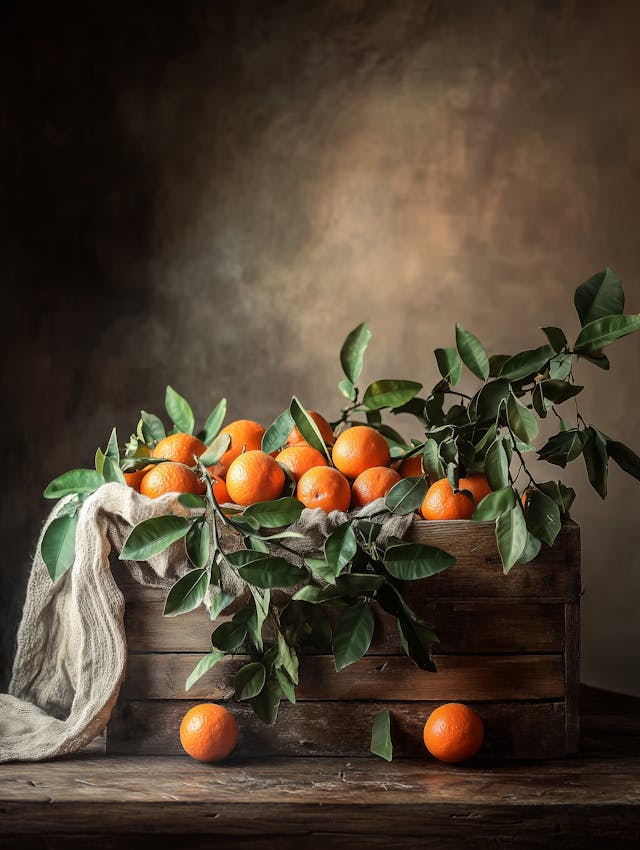
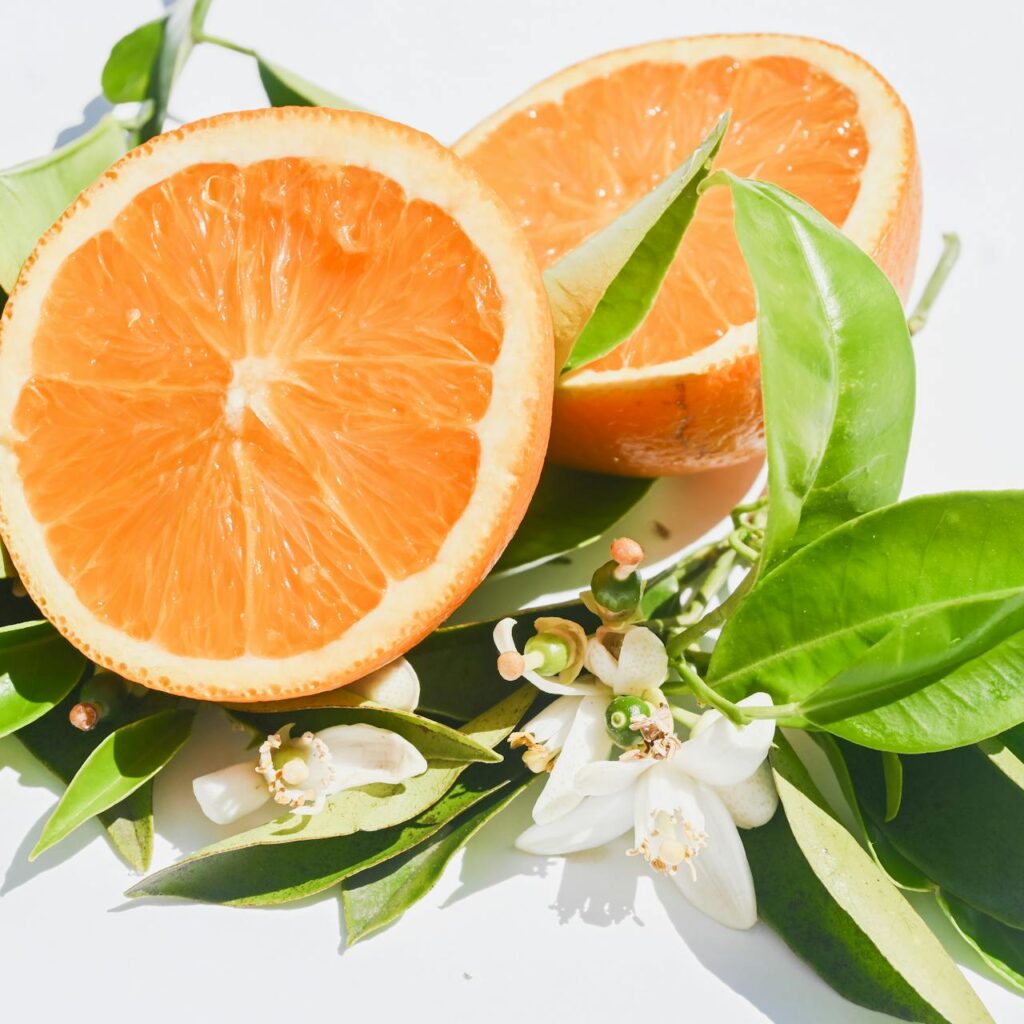
Food and poetry go together. Like emotion and metaphor. Like appetisers and champagne. Like boogity-boogity-boogity-shooby-shoowop-shabop (name that tune!). I so much enjoyed celebrating melons in the 1600s, I’m doing it again, celebrating citrus haiku with Japanese poet, Basho.
lemon flowers
recalling olden times
in the serving room
One of the most famous quotes in literature about food and memory is about madeleines, written by Marcel Proust from Swann’s Way (1913). It’s a detailed, lush description which gave rise to the expression the madeleine moment, or Proust effect, of an object being able to trigger, through the senses, forgotten memories.
Three hundred years earlier, Basho was talking about the same thing, except with far fewer words!
How for him, the sight and smell of lemon flowers in spring triggered memories of rooms (serving room was between kitchen and dining areas), and of dishes, which used lemon flowers. Soup used lemon peel. The lemons referred to are yuzu, a tarty hybrid citrus.
road to Suruga
orange blossoms also
smell of tea
A sensory summertime one. I imagine the poet, thinking great thoughts, walking the road past fields of orange trees. He was so famous, he was regularly invited everywhere. Nice for some. Both orange blossoms and steaming tea leaves have a strong fragrance. Suruga was known for its oranges and tea. I bet the people of Suruga were very happy, drinking their tea and slurping their oranges, sharing this haiku around, 1600s-viral-meme-style.
“It is an accepted truth that reading great writers draws forth one’s own
-ReichHold, jane, “Introduction” in Basho, The complete Haiku (2008)
greatness. This is even truer for haiku because part of the writing is done by
the reader. Haiku are so short, succinct, and ambiguous that the reader must
supply his own images and make leaps and connections out of acquired
experiences to realize the complete poem.”
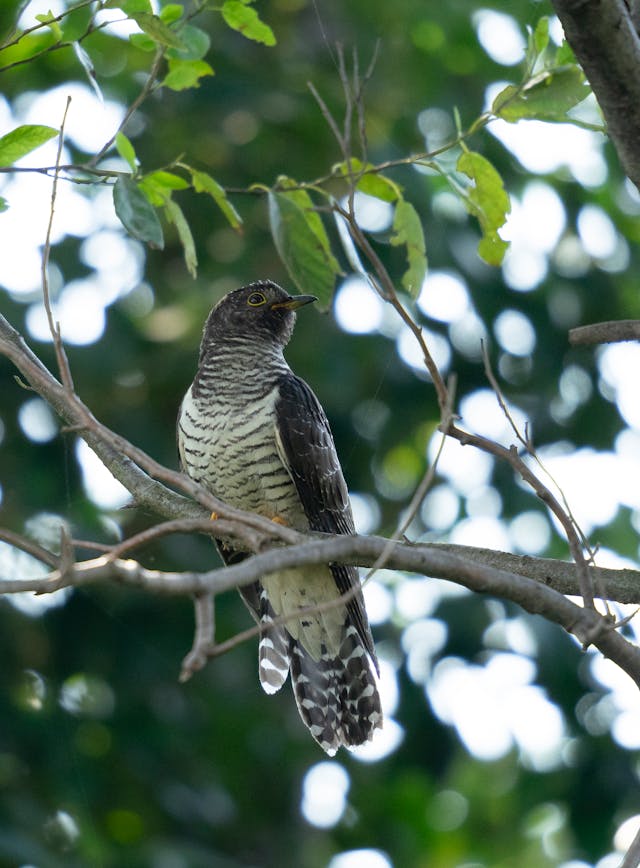
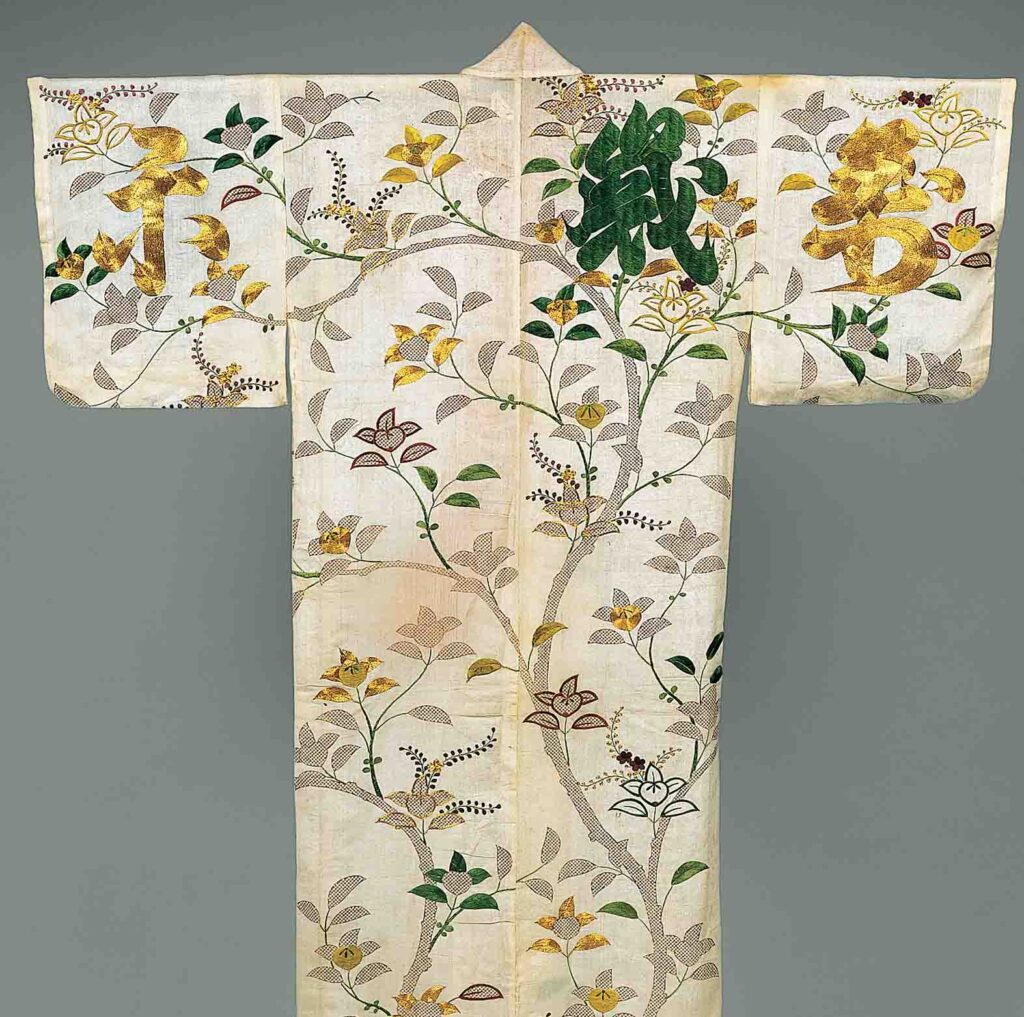
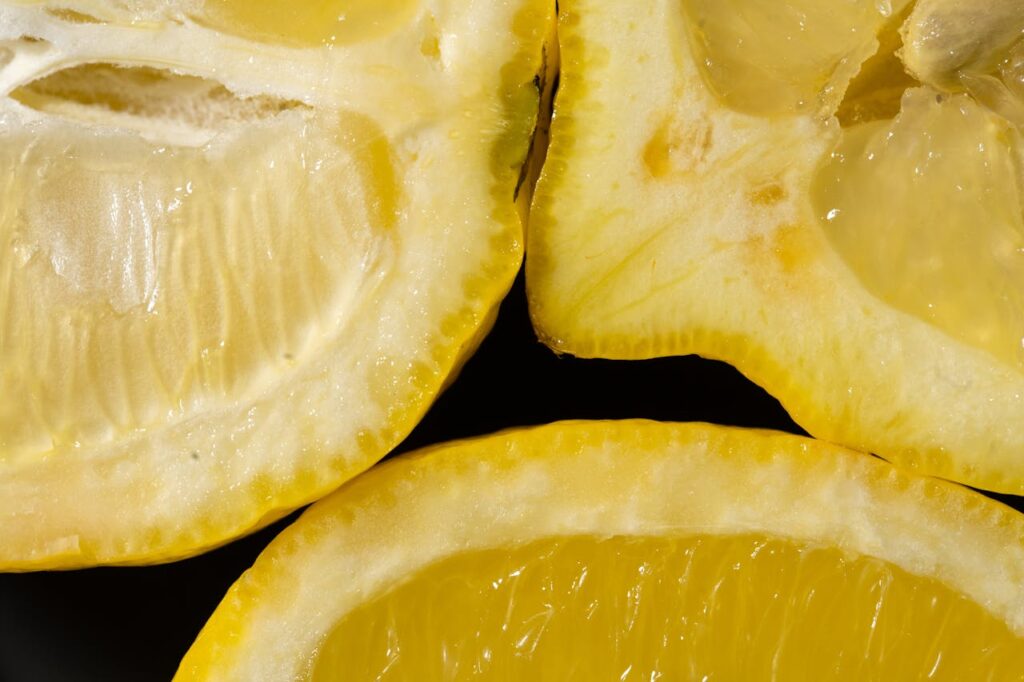
oranges
when do they come to the fields
cuckoo birds
A simile between oranges and birds, and how they just turn up in the fields. The specific word used is tachibana which is an all-purpose term for citrus fruit including the mandarine orange (see picture of the robe). The particular cuckoo here, the hototogisu, is a bird of early summer, and, apparently, is also associated with the afterlife and unrequited love, both of which you could argue also appear when you least expect them.
departing autumn
all the more hopeful
a green orange
And finally, this is one for all of us.
In his role as mentor, Basho’s parting gift to one of his disciples, is to tell him that while he’s still green, he’ll ripen into something golden. Yes, we are all hoping to become golden one day.
Reference: Matsuo, Bashō, Jane Reichhold, and Shirō Tsujimura. Basho: The Complete Haiku First US edition., Kodansha USA, 2008, thehaikufoundation.org,

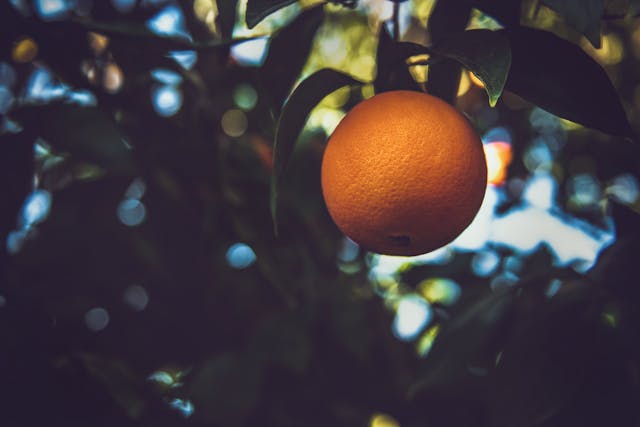
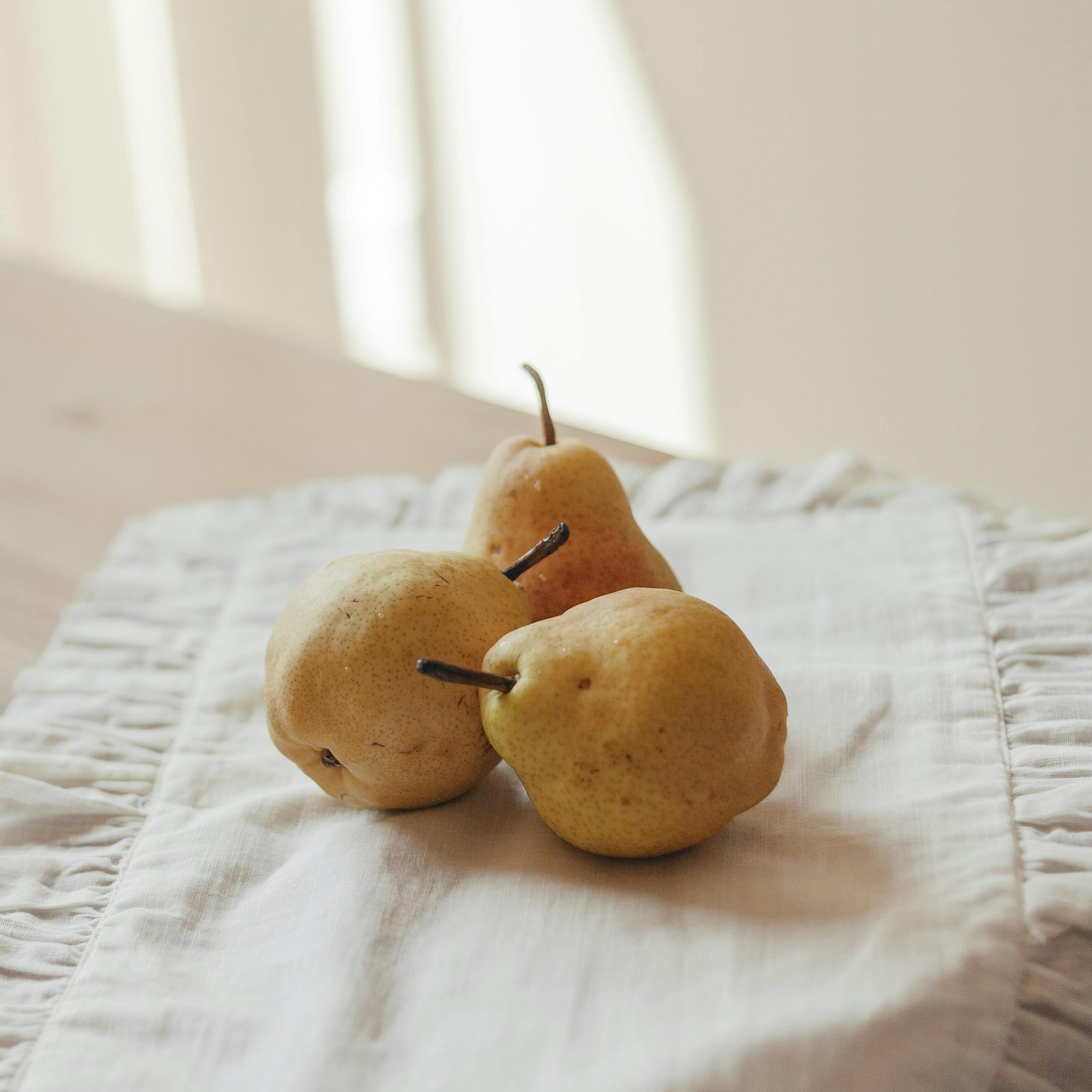
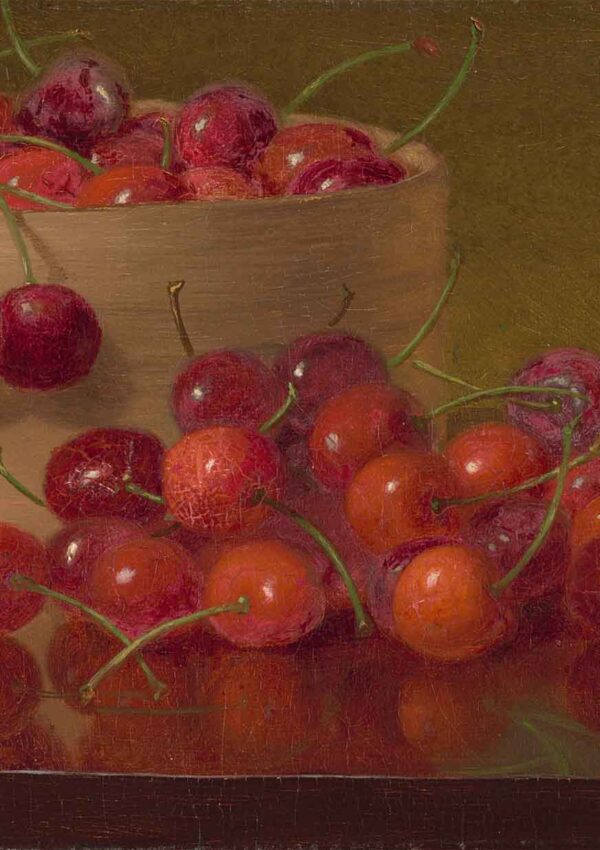
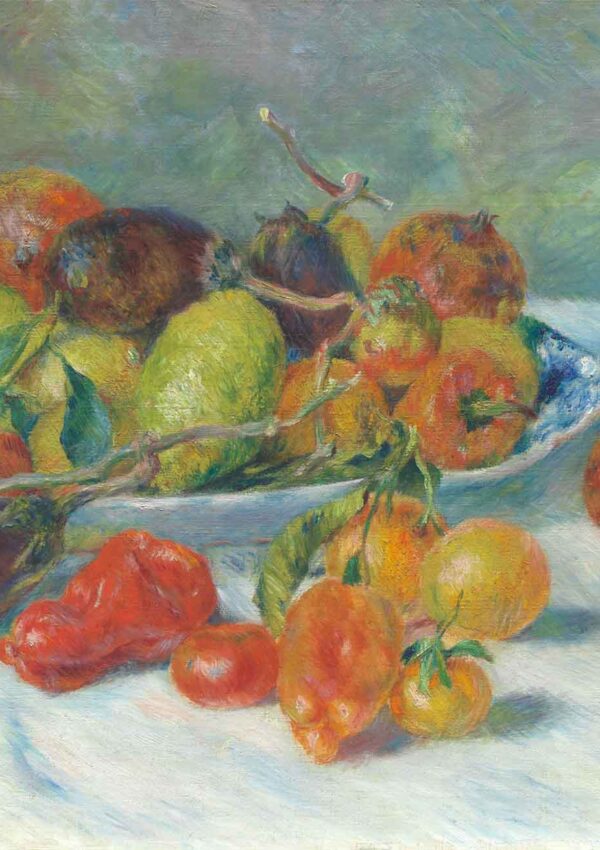
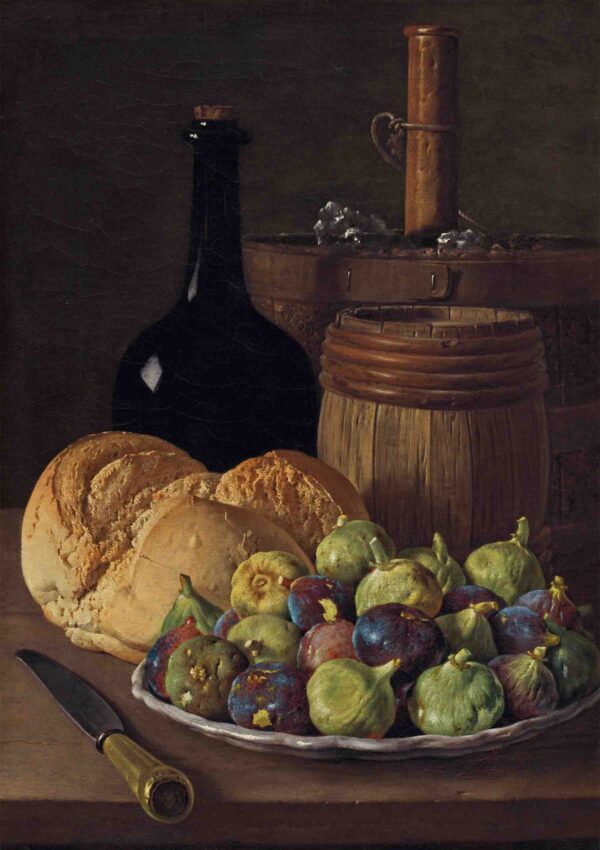
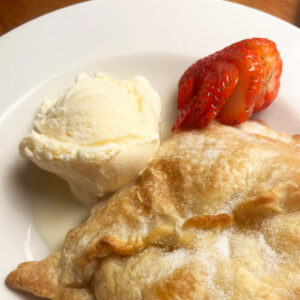
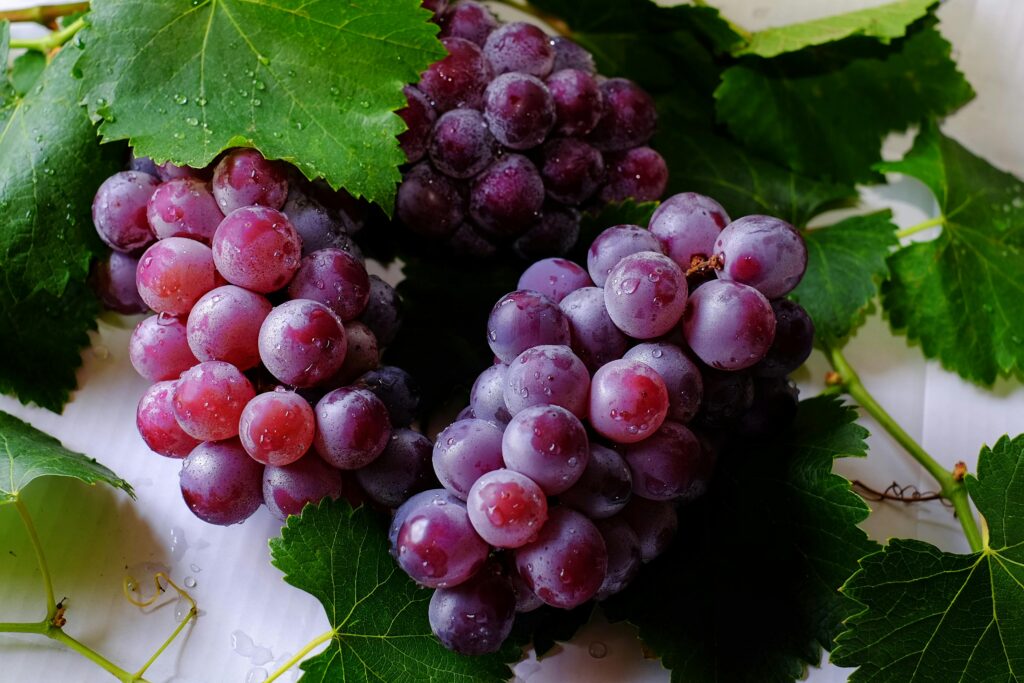

Leave a Reply